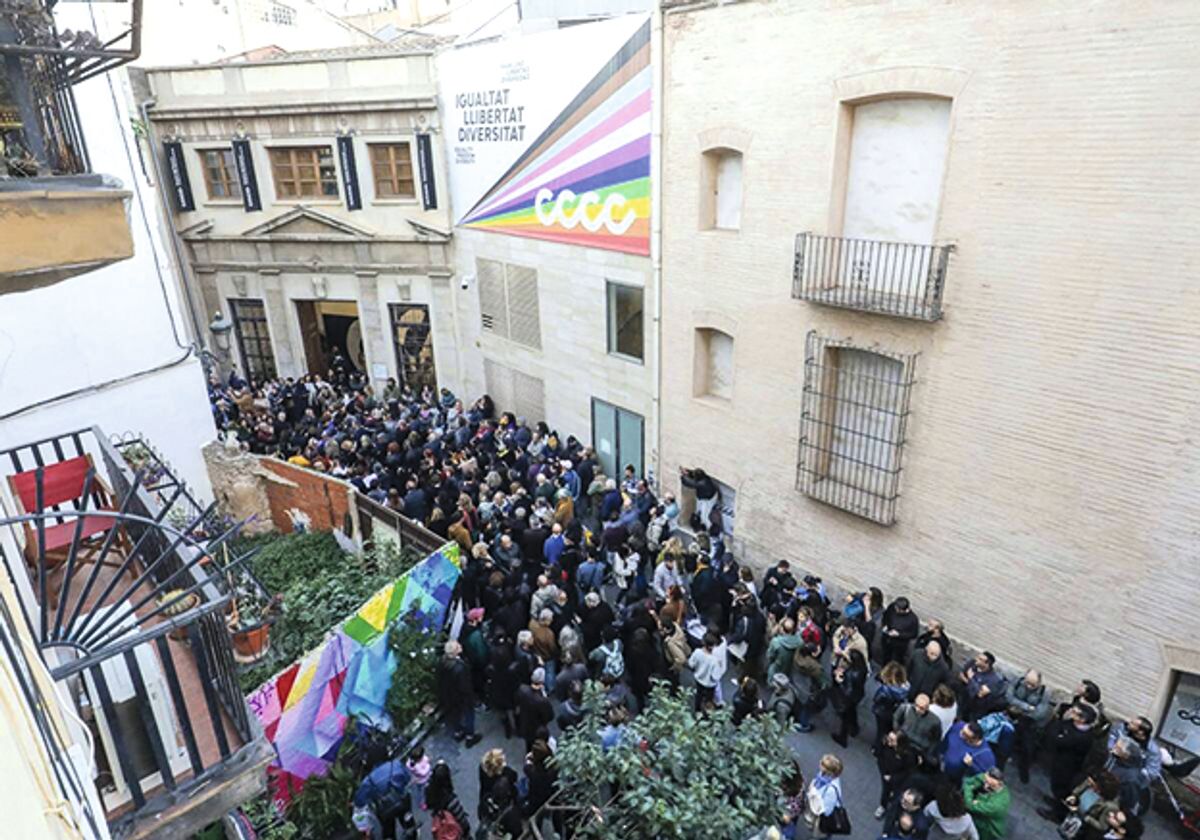The regional governments of Andalusia and Valencia in Spain are under fire following the controversial axing of five museum directors in two months. Late last year, the directors of the Centre del Carme Contemporary Culture centre in Valencia, the Andalusian Centre of Contemporary Art in Seville, the Museum of Jaen, and the archaeological museums of Granada and Cordoba were sacked.
Both conservative governments cited poor performance and loss of trust, triggering a series of high-profile protests defending the work of the ousted directors. The Spanish Committee of the International Council of Museums also expressed its “concern about the procedures followed”.
“I was told to pick up my personal effects and half an hour later they cut my access to the system,” Dolores Baena, the former director of the Archaeological Museum of Cordoba, tells The Art Newspaper (she was in post for two decades). Over 600 people signed an open letter supporting the museum’s transformation into a “diverse, sustainable and open” institution under her leadership. Questioned in the Andalusian parliament about the removals, the councillor for tourism, culture and sport, Arturo Bernal, said that the dismissed directors were putting forward “outdated models.”
Dramatic transformation
The case of the Centre del Carme was particularly disputed, given its dramatic transformation into one of Valencia’s leading cultural hubs under recently sacked director José Luis Pérez Pont. “We put forward a model of cultural agitation, no longer programming for specialists but for the citizens, and yearly visitors grew from 76,000 in 2016 to 331,500 in 2023,” he tells The Art Newspaper.
Hundreds of protesters gathered at the museum following his dismissal and 5,000 people signed a petition for his return. The grounds for his removal were “serious breaches” in labour and administrative matters, a claim that Pont will challenge in court. The Consell Valencià de Cultura, a consultative body of the regional government, believes the ousting reflected “political interference in culture”.
There has been criticism of the sacked directors’ replacements too. No public tenders were initiated for the Centre del Carme and the Andalusian Centre of Contemporary Art, contradicting the ministry of culture’s Code of Good Practices in Museums and Art Centres. As we went to press, the Museum of Jaen and the Archaeological Museum of Cordoba were still without directors.
Censorship and political interference are gaining ground in public cultural management
The controversial removals coincided with the appointment of Spain’s new minister of culture, the socialist Ernest Urtasun. On 22 January, he announced a new General Directorate of Cultural Rights as “censorship and political interference are gaining ground in public cultural management”. While the Spanish socialist party secured the presidency last year, it lost both Andalusia and Valencia in 2022 and 2023, respectively, to the conservative Partido Popular (PP), which governs Valencia in coalition with the far right party, Vox. The Andalusian PSOE (Spanish Socialist Workers’ Party) deemed the removals “an abuse from the right”, but Dolores Baena says that the work with the previous council, led by a conservative councillor, was smooth. “The colours of the parliament don’t need to change for this to happen,” she says.


